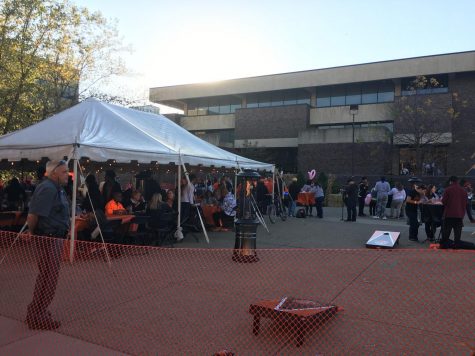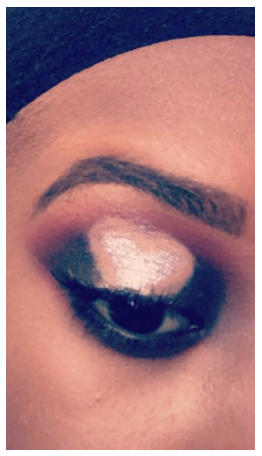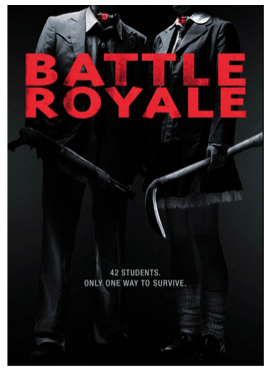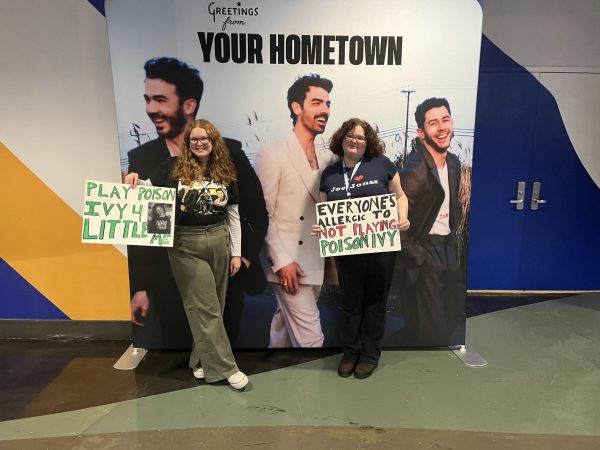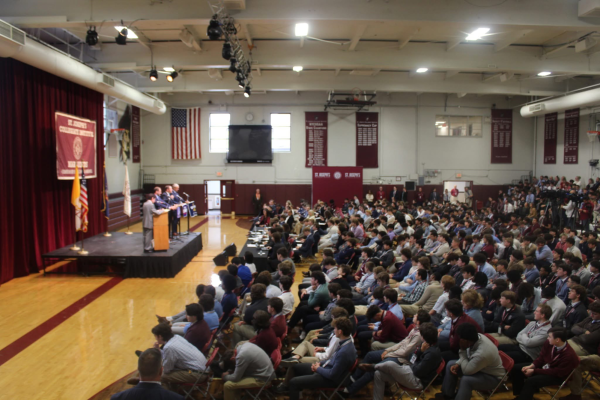Measures must be taken for the war on bullying
With the two-year anniversary of Jamey Rodemeyer’s suicide upon us, and news of 12-year-old Rebecca Sedwick taking her life on Sept. 9 because of cyber bullying, we need to stop sweeping this issue under the rug.
Sure, news organizations cover such stories, providing the public with ways to start the conversation, and express how deeply upset they are. The sadness and shock soon dissipates as people get on with their lives and there are other issues to ponder.
A proactive approach to bullying is necessary, and not just by students, parents and teachers, but even childless young adults of our generation. You may think, “Yeah, yeah we know about bullying. Don’t do it, end of story.” No. Not end of story.
I feel that it is our obligation, as the future leaders and role models of our families, communities and country, to discuss bullying with the younger generation.
How is a young girl terrorized to the point where she thinks the best way out is jumping off of a tower at a concrete plant? Hateful messages to Sedwick started last year, and included sentiments like, “Why are you still alive?” and “Can u die please?”
I’m not convinced that bullies really want their victims to die. They just want to feel superior or are trying to look cool, and in some cases, they’re just trying to fit in. Sedwick’s mother wants the girls who harassed her daughter to face charges. These girls cannot be feeling very well about themselves right now, and contributing to a suicide is something that will stick with them the rest of their lives.
Bullying isn’t a new phenomenon by any stretch of the imagination. Ever since there was a difference to point out, there was a bully set on ridicule. The bullying kids face now is what we saw, but on steroids. Our generation only experienced the tip of the online-bullying iceberg, which was probably confined to Myspace and AOL Instant Messenger. It follows them home, and anyone can witness the abuse and chime in.
We have all been a part of bullying in some way, as a bully, a victim, or an “innocent bystander.” (On a side note, I feel obligated to I remind you that there is no such thing as an innocent bystander in bullying. Standing on the sidelines just allows for the abuse to happen). We need to take our experience and turn it into concrete advice.
If you were bullied, build the self-esteem of those currently going through it, and teach them tactics on how to defuse the situation. If you were a bully, let kids know that it may seem cool at the time, but it’s really not. And if you were a bystander, teach them why it’s important to step in and make them feel confident about doing the right thing.
Education majors: You will probably have the greatest influence on youth of any of us. Take this topic seriously and shape the next generation to be more kind to one another. Sure, kids can be cruel, but not innately. Find a way to bring students together. Focus on activities where they will have to talk about themselves and their interests in small group settings. This can break down walls and create bonds, so they will not feel isolated.
Parents may not think that bullying is something that affects their child, but Family First Aid reports that almost 30 percent of teens in the United States (over 5.7 million) are estimated to be involved in school bullying. If you know parents of the younger generation, or Gen Z, tell them to monitor technology use. Periodically taking a look at cell phones and online accounts will allow them to notice any red flags, and then take proper steps to address the problem.
Because of the way Gen Z was raised, they may have been more prone to bullying in the first place. Their parents, mostly Gen Xers, take an individual centered approach to parenting, as compared to the Baby Boomer parents, who took a group focused approach. Having all of the focus on themselves makes it possible for them to devalue other humans. We need to shift this “look out for yourself” approach to a “stop treating people like crap” approach.
Mark Terebin, one of the founders of social networking site Ask.fm, believes that the problem lies in the people, not the technology.
“Don’t blame a tool, but try to make changes…start with yourself…be more polite, more kind, more tolerant of others…cultivate these values in families, in schools,” he said.
So when you go home, start the conversation with your younger siblings or cousins. They look up to you. Let’s all start making a difference.
Samantha Wulff can be reached by email at wulff.record@live.com or on Twitter at @WulffSamantha.


